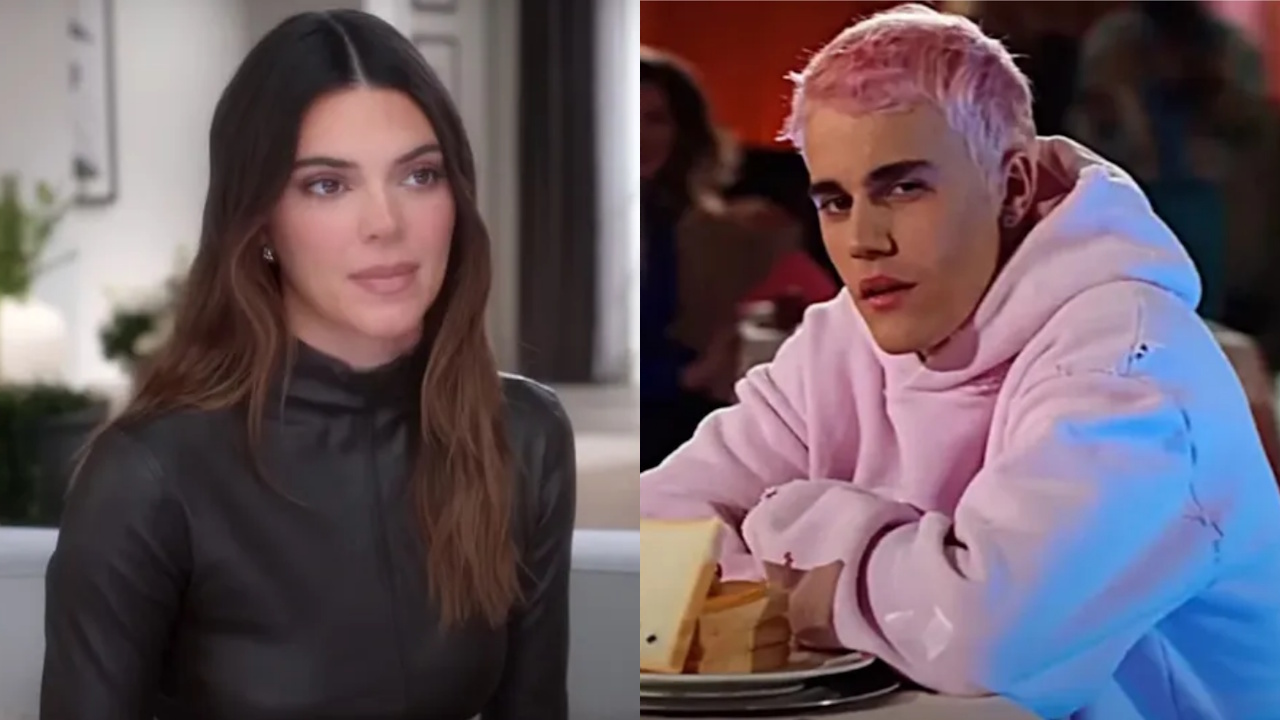Brilliant Ways Mike Flanagan's The Fall Of The House Of Usher References Edgar Allan Poe Stories
"Once upon a midnight dreary, while I pondered, weak and weary."
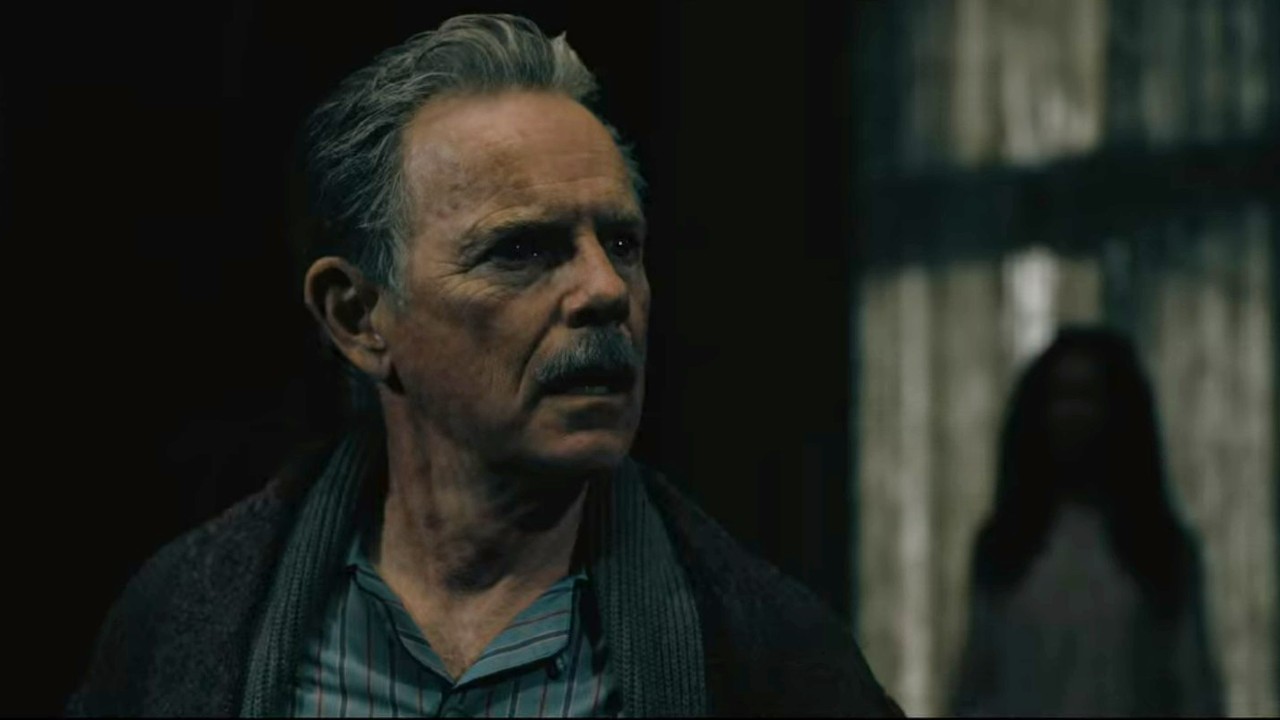
The Fall of the House of Usher is the latest hit Netflix series from Mike Flanagan. It’s my (and some others) favorite Flanagan and Netflix collaboration since The Haunting of Hill House. Many would even consider it one of his best creations. I have been excited about this series since Netflix announced it. I am an Edgar Allan Poe fan, so Flanagan and Poe together seemed like a can’t-miss TV event.
The Fall of the House of Usher exceeded my expectations, especially with how brilliantly it centers Poe’s works. I could write a 30-page essay dissecting all the ways Flanagan pays tribute to Poe in The Fall of The House of Usher, but instead, let’s just talk about some of my favorite ways he does it.
Warning The Fall of the House of Usher spoilers ahead. Proceed with caution.
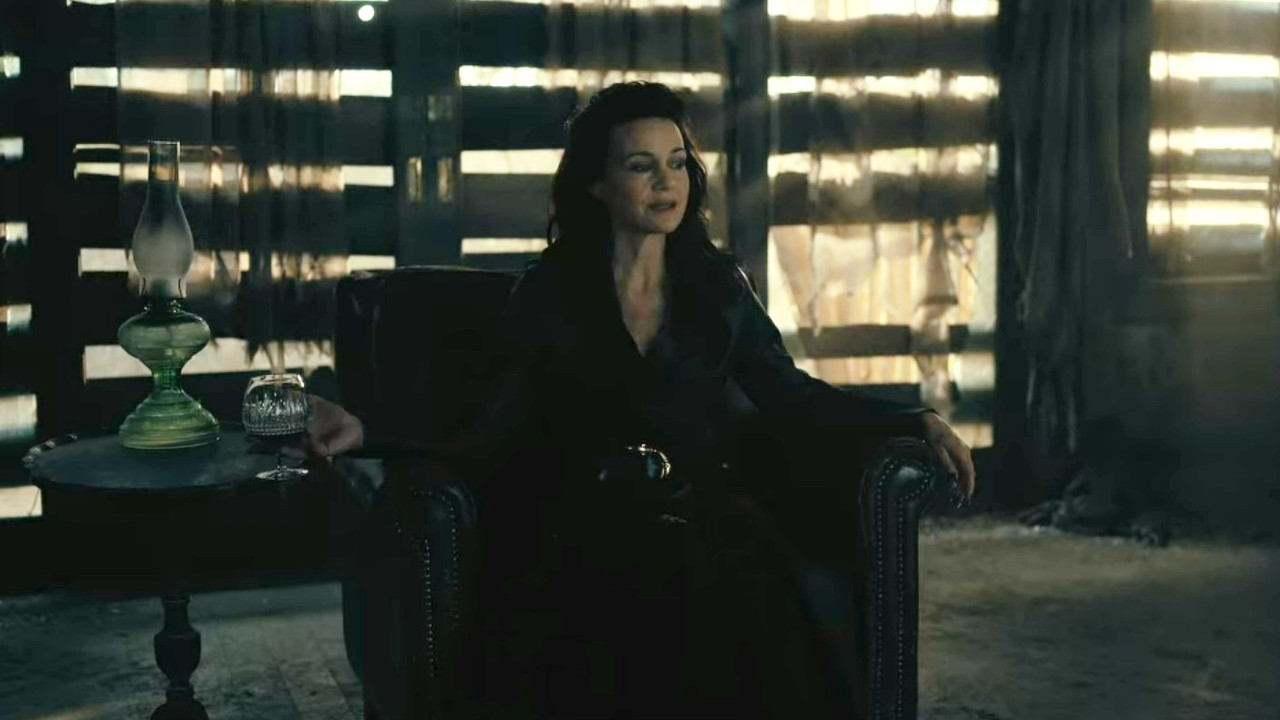
The Episodes’ Titles Hint Towards Each Character’s Demise
All eight titles of The Fall of the House of Usher are references to Edgar Allan Poe's poems and short stories. The first episode “A Midnight Dreary” and the finale episode, “The Raven” are both references to “The Raven” poem. They are the only episodes that hint at what happens but don’t solely revolve around the poem. However, “The Raven” influences the entire show.
Because all of the other episodes’ titles are also Poe short stories, you can read them for clues on the demise and deaths of each character. Most of the character’s deaths are inspired by these stories. For example, Frederick (Henry Thomas) doesn’t have the same fate as the character in “The Pit and the Pendulum,” but a pit and a pendulum play a gruesome role in his very gross death.
I love that every episode has a short story as a point of reference. This may encourage some to reread (or read) each story to see all the creative ways Flanagan ties the episodes into the short stories.
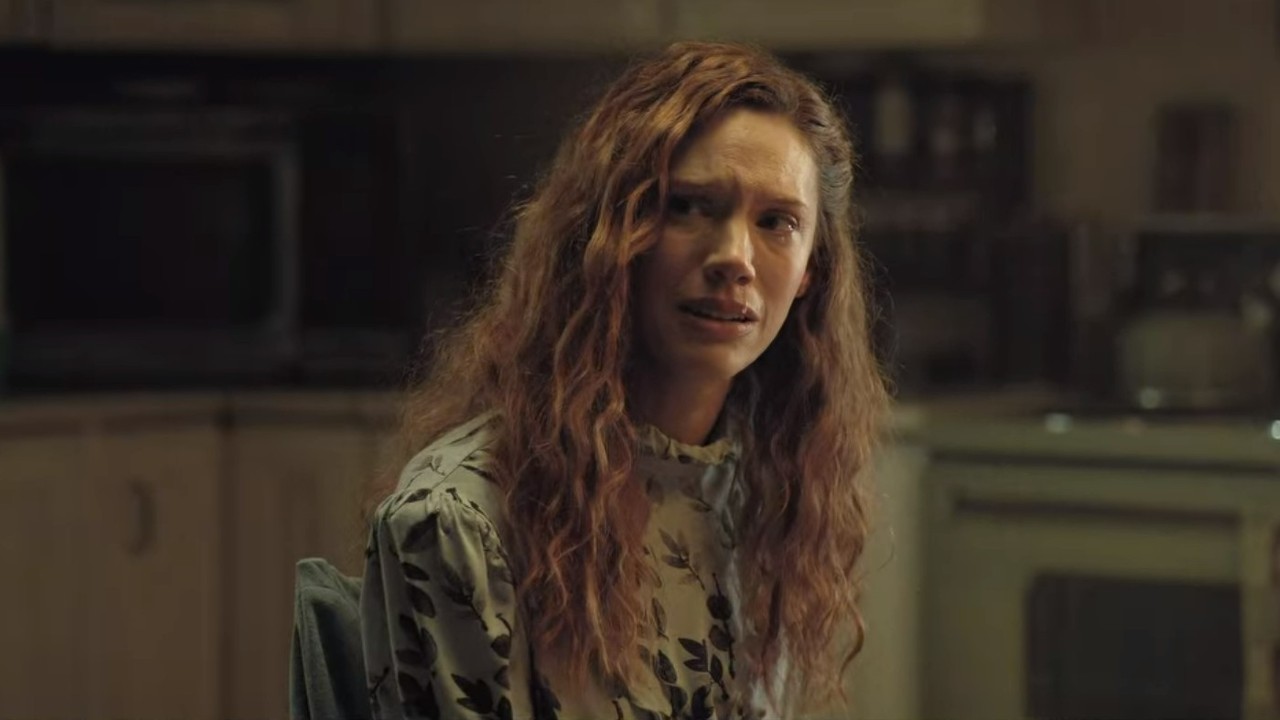
Poe’s Poetry Becomes Some Dialogues And Monologues
The cleverest way Flanagan uses Poe’s work in The Fall of the House of Usher is with the dialogue. Young Roderick (Zach Gilford) quotes “Annabel Lee” to Annabel Lee (Katie Parker) as original poetry from him to her. The eulogy at the last Usher children’s funeral combines several of Poe’s poems.
Your Daily Blend of Entertainment News
There are many moments that use poems as part of the dialogue. A few poems and stories included as dialogue are “The Raven, “The Imp of The Perverse,” ”For Annie,” and “Eleonora.” Fall of the House of Usher ends with Verna (Carla Gugino) reciting “Spirits of the Dead.” Prior to this, Dupin utters the final lines of the original "The Fall of the House of Usher" once the house falls.
It elicits so much excitement when you hear a quote from a Poe piece in The Fall of the House of Usher. Poe’s words as dialogue also reminded me of the profoundness of some of his work.
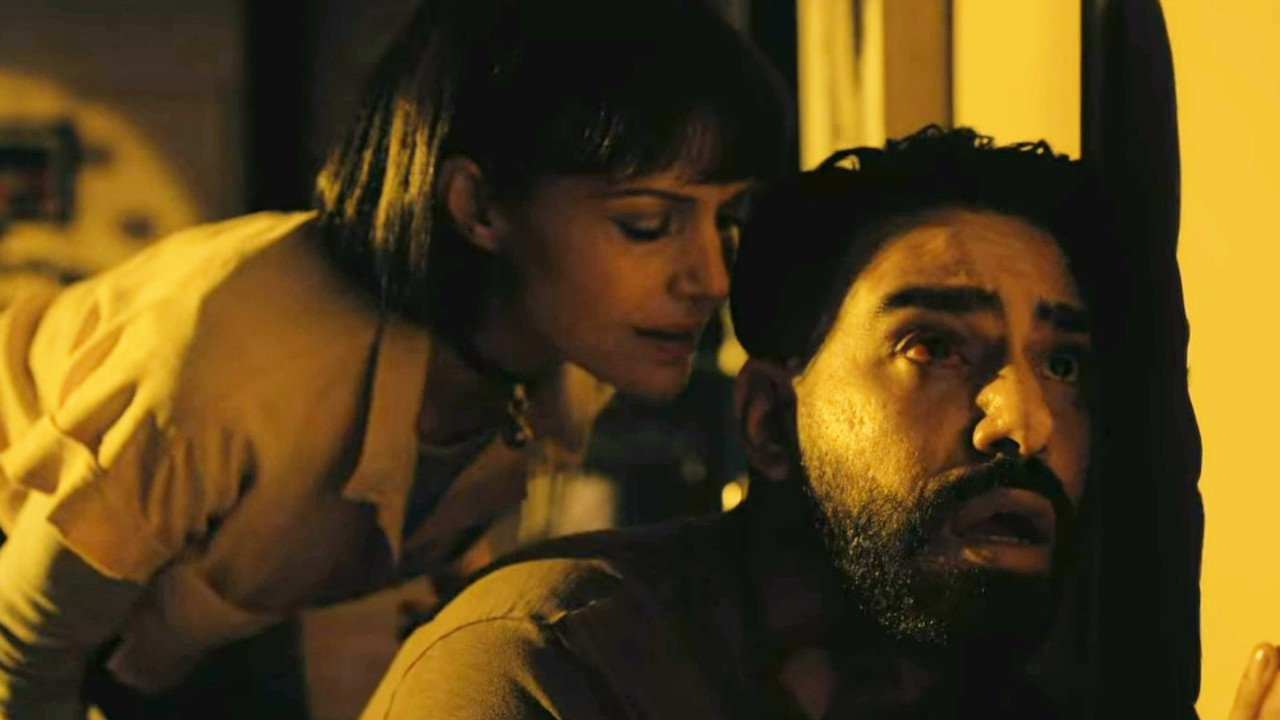
The Black Cat Paying Homage To The Original Story And Modernizing It
“The Black Cat” and “The Tell-Tale Heart” are my favorite Poe short stories. They are also my favorite episodes of The Fall of the House of Usher. “The Black Cat” stands out because of how well it modernizes this classic Poe tale. These changes include Leo’s (Rahul Kohli) drug addiction vs the original narrator’s alcoholism.
Other changes include Leo’s madness escalating quicker than “The Black Cat” narrator and him not killing his boyfriend, whereas, in “The Black Cat,” the narrator kills his wife. However, The Fall of the House of Usher uses the memorable imagery of the black cat sitting on the dead wife’s shoulders while buried in the wall. It substitutes the narrator’s wife with Verna and makes Leo hallucinate this image.
“The Black Cat” episode also stays fairly close to the plot of the original Poe short story. There is a ghost cat, a man who goes mad, the cat dying and losing an eye, and the cat ending up in the wall. Flanagan heightens everything for this Netflix show, but it also respectfully pays homage to the original story. As a fan of “The Black Cat,” I was pleased with this adaptation of it.
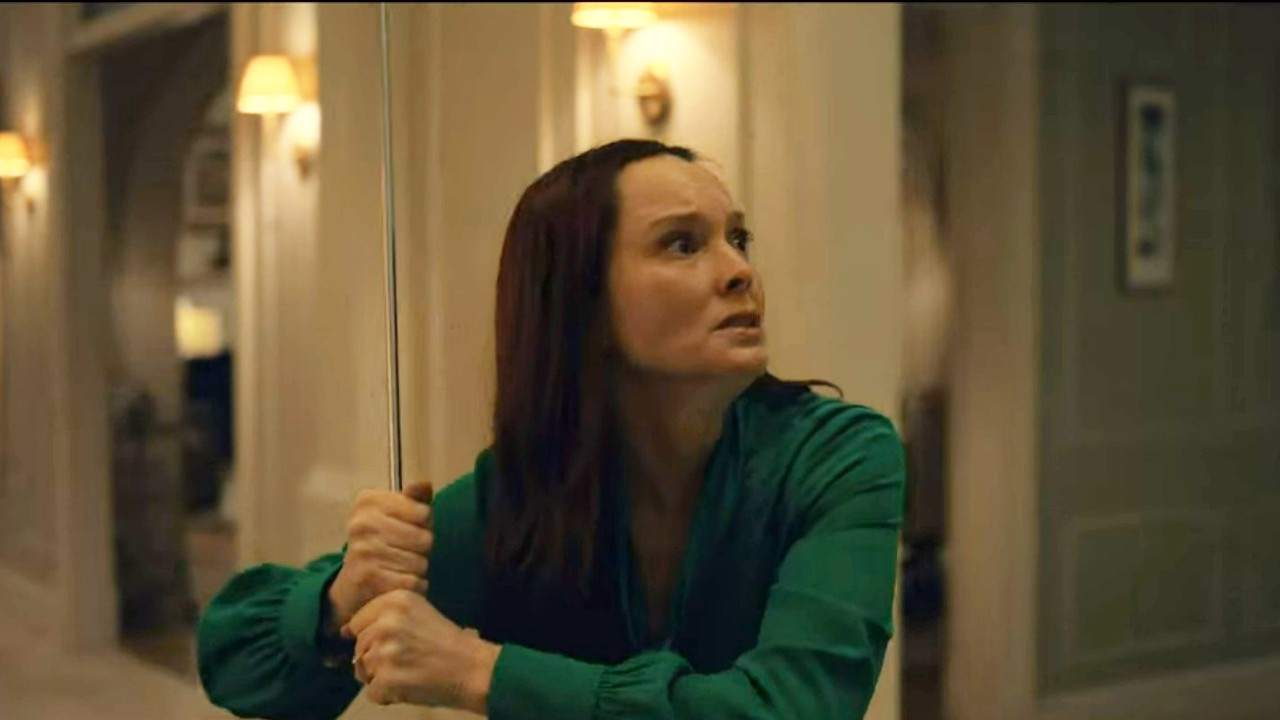
Each Character Goes Through Their Own Fits Of Madness
Madness is a big theme in Edgar Allan Poe’s works. So many of his characters, whether in poetry or short stories, lose their minds. The Fall of The House of Usher capitalizes on this constant in Poe’s work by making the entire family experience madness. Every one of the Usher children and Roderick all go mad before they die.
Some of them have a slower descent to it, while for others, it becomes an instant thing. Madeline (Mary McDonnell) doesn’t have a flashy madness moment. However, one could argue that she’s always been a little mad. She was the driving force behind most of Madeline and Roderick’s devious decisions.
Lenore (Kyliegh Curran) is the only one to not experience madness before death. Madness and chaos feel very true to Poe’s overall vibe with his work. The theme also helps make this such a fun new scary TV show. The best horror TV shows usually include some madness.
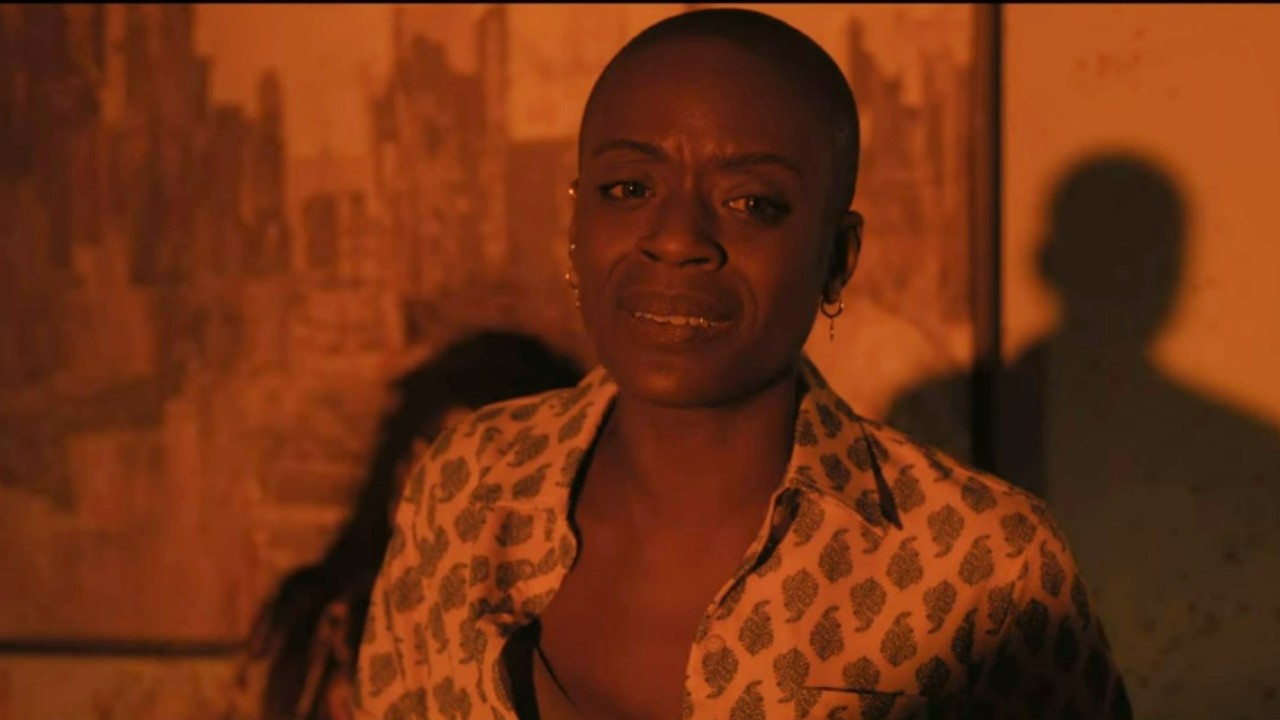
The Tell-Tale Heart Offers The Biggest Shock
“The Tell-Tale Heart” is the best episode of The Fall of the House of Usher. I also believe that almost everyone has read this short story, probably as a school assignment. Therefore, it’s a story that many know well. Despite knowing what happens in “The Tell-Tale Heart,” Mike Flanagan and his team still manage to bamboozle me with the twist.
Rewatching it, it’s clearer that Victorine (T’Nia Miller) killed Ali (Paola Nunez), but when I first watched it, I missed the hints leading to it. Therefore, despite knowing what happens in “The Tell-Tale Heart,” I am completely shocked (and impressed) by the big reveal. No other episode so effortlessly plays with expectations and execution. It pays tribute to the short story in a way that fits the plot, but it still manages to shock because you don’t know how the “Tell-Tale Heart” will manifest.
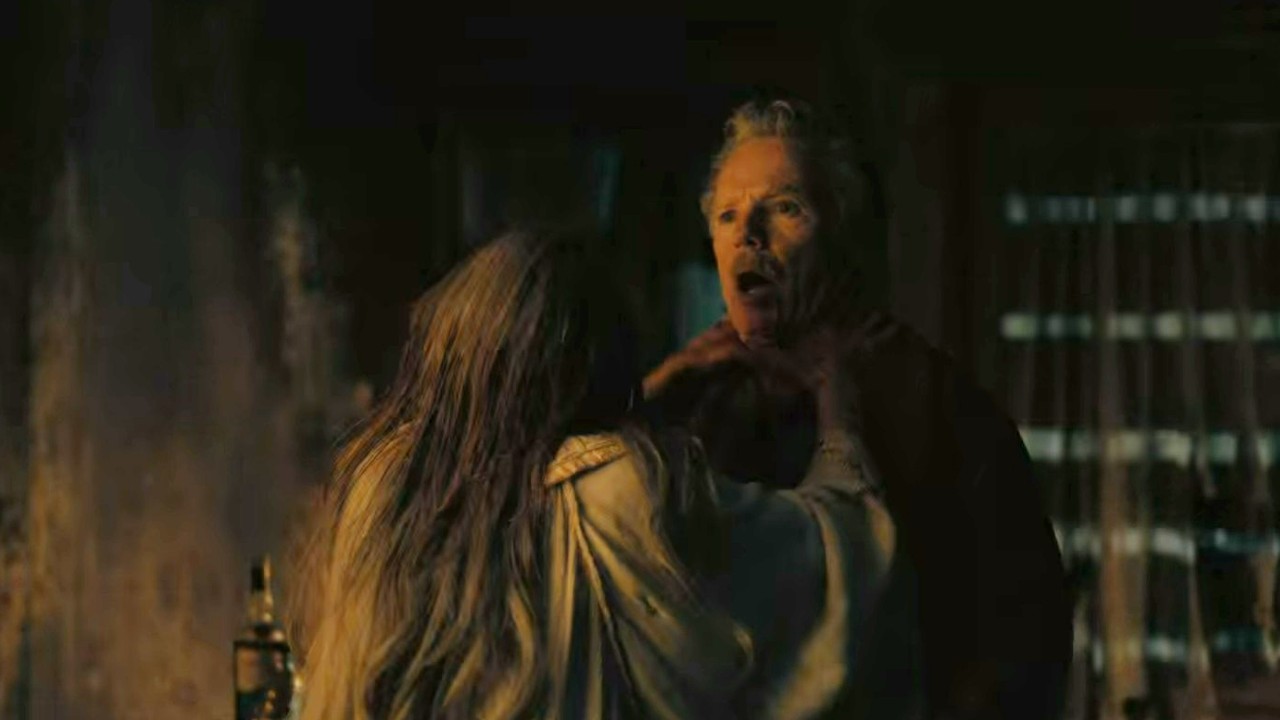
The Ending Matching The Fall Of The House of Usher Short Story
The Fall of the House of Usher finale ends with Madeline attacking Roderick. Dupin leaves right as the house falls down. This ending closely aligns with what happens in Poe’s original short story. As previously stated, Dupin also recites the last lines of the short story in “The Raven” episode.
Most of the episodes take inspiration from Poe’s short stories but Roderick and Madeline’s deaths resemble their deaths in "The Fall of the House of Usher" the most. However, you probably won’t expect it until you learn that Roderick attempts to kill Madeline. Their deaths being drawn directly from "The Fall of the House of Usher” brings the project full circle. The story is the foundation for the series but so much of Poe’s other work is highlighted, so it is fitting that it ends with “The Fall of the House of Usher.” It gets its moment to shine in the end.
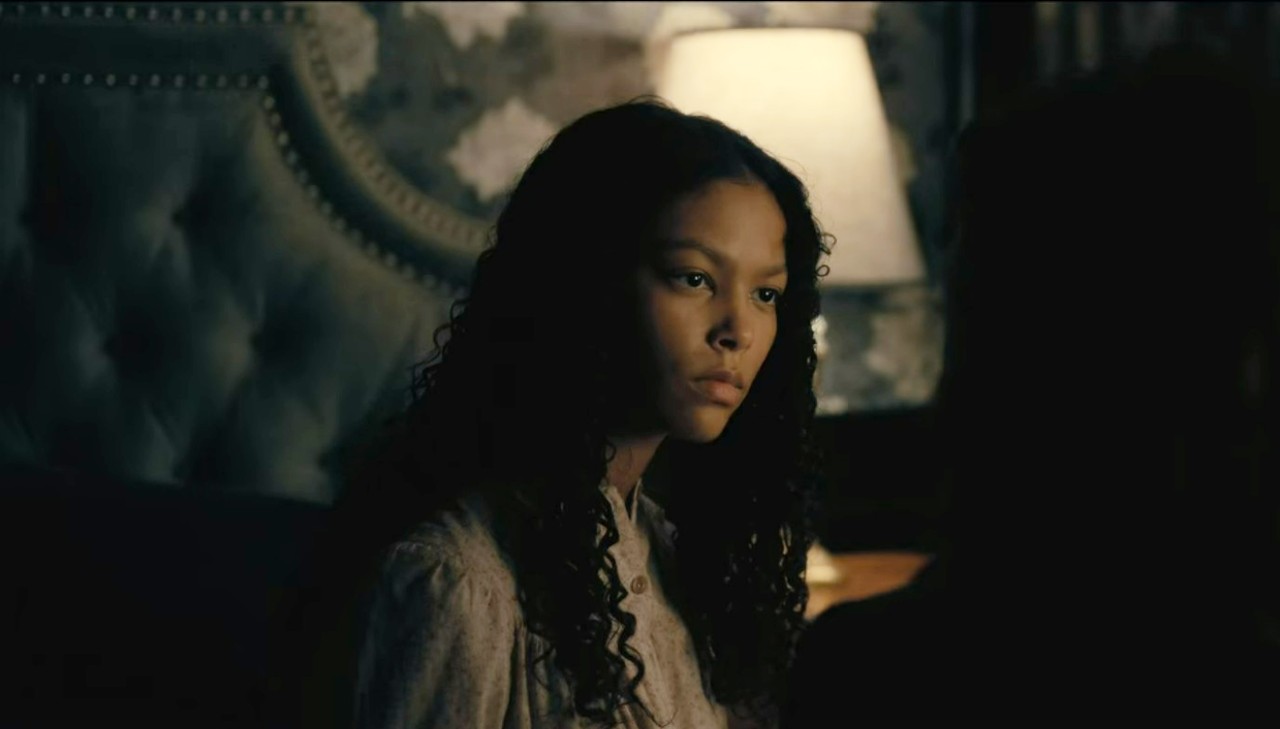
Lenore’s Fate Being Predictable If You’ve Read The Raven
Eventually, The Fall of the House of Usher reveals that Madeline (Willa Fitzgerald) and Roderick’s deal completely eliminates the Usher bloodline. This means that Lenore must die as well. Lenore gets the kindest death because she’s the kindest Usher. But, her death is still inevitable. Even before this reveal, you can probably guess her fate. “The Raven” is partly about a man mourning his lost love named Lenore.
Lenore’s death also playfully updates the poem by having her digital clone constantly send different versions of “Nevermore,” the famous line repeated by the raven in the poem. Curran’s character being named Lenore allows for some clever foreshadowing.
Her death is sad but expected because of “The Raven.” It also gives “The Raven” Lenore more character, because if you imagine her as a sweet young girl whose life is stolen because of others' bad deeds, you understand the narrator’s mourning.
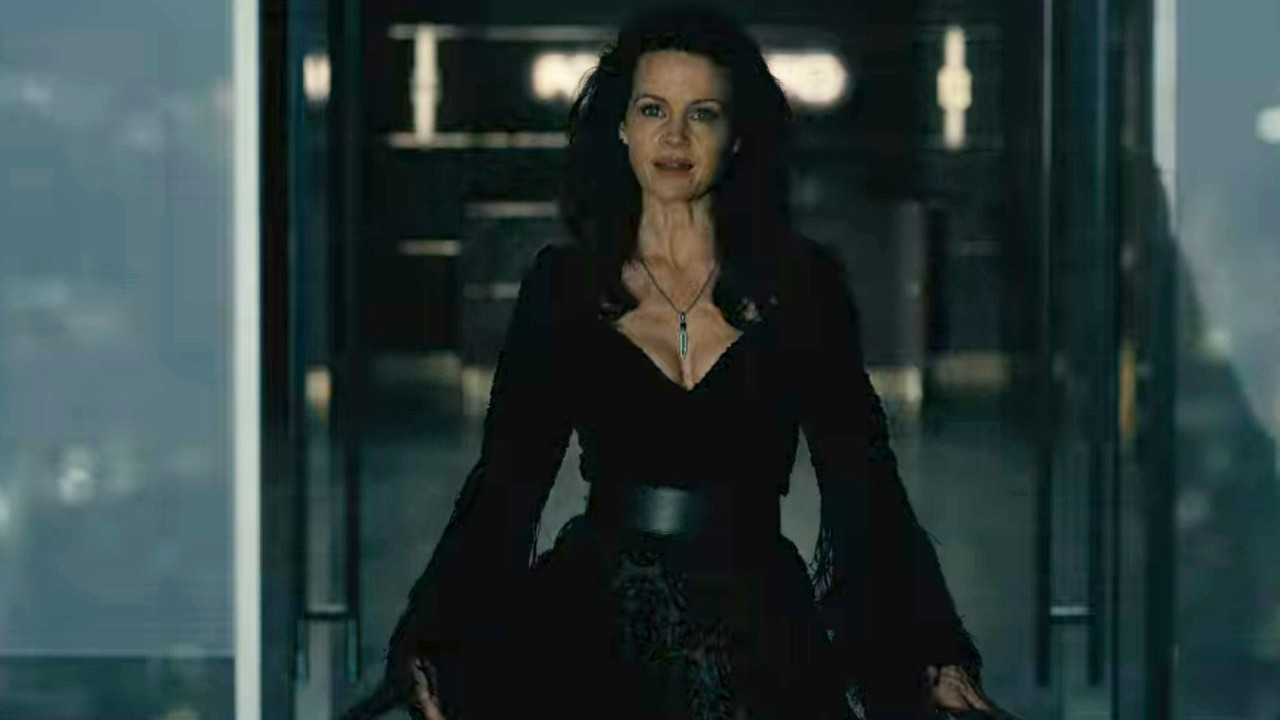
The Constant Raven Appearances
A raven or a tribute to the poem appears in various episodes. It’s most prominent in the first and final episodes. Additionally, Verna is an anagram for the word raven. Verna is the raven, both literally and figuratively. She is death and the bringer of death, something often associated with ravens.
“The Raven” is one of Poe’s most famous poems, so it’s fun to see the raven in such an omnipresent way. This makes The Fall of the House of Usher feel like the story of the Usher family and the raven herself.
The Fall of the House of Usher is one of the best TV shows to watch on Netflix right now. I also can’t wait to watch Mike Flanagan’s next projects, especially any other Netflix limited series.

Spent most of my life in various parts of Illinois, including attending college in Evanston. I have been a life long lover of pop culture, especially television, turned that passion into writing about all things entertainment related. When I'm not writing about pop culture, I can be found channeling Gordon Ramsay by kicking people out the kitchen.
